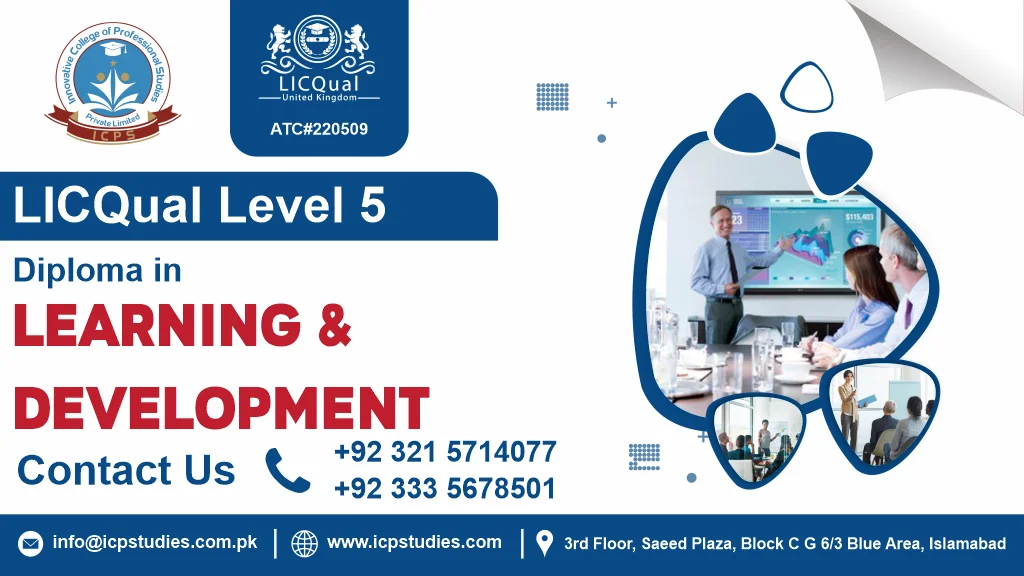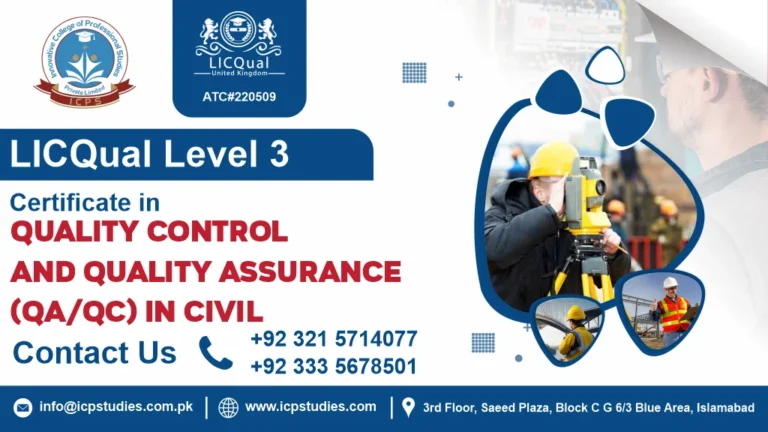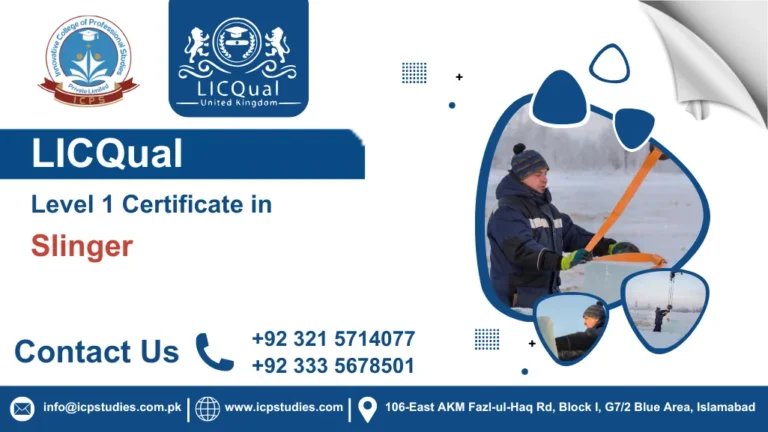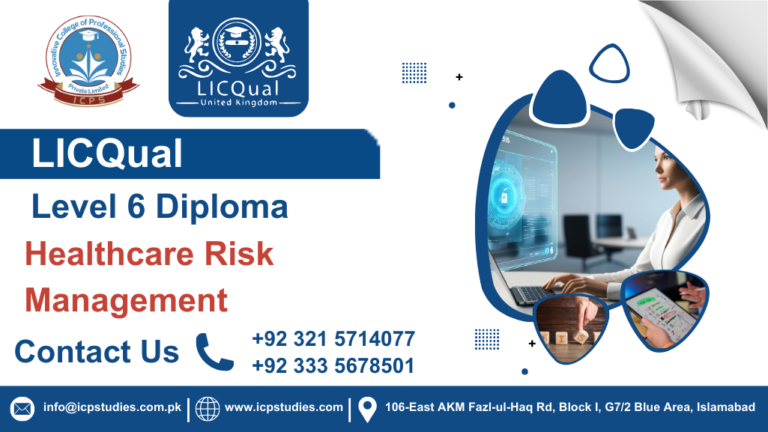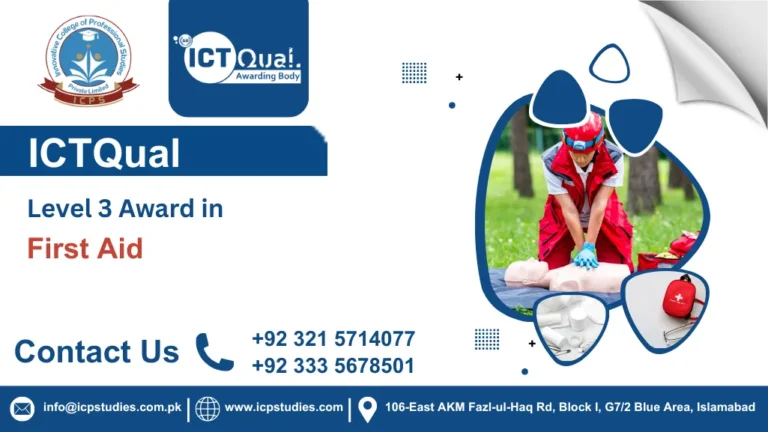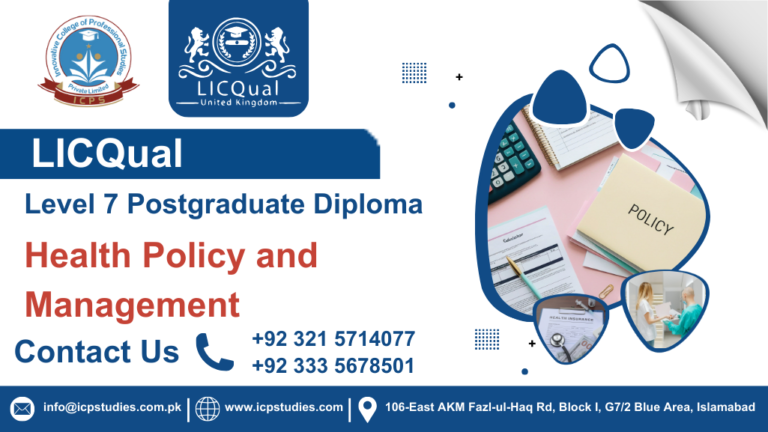In today’s fast-paced business world, the role of learning and development (L&D) professionals has never been more critical. Companies are investing heavily in their people to stay competitive and innovative, making the need for skilled L&D practitioners more crucial than ever. For those looking to elevate their career in this field, the Level 5 Diploma in Learning and Development offers a comprehensive pathway to achieving professional excellence.
The Level 5 Diploma in Learning and Development is a nationally recognized qualification designed for individuals working in or aspiring to work in L&D roles. This qualification is aimed at mid-level professionals and provides an in-depth understanding of the principles and practices of effective learning and development. It is ideal for those who already have some experience in the field and are looking to advance their skills and knowledge.
The Level 5 Diploma in Learning and Development represents a significant investment in your professional future. By gaining a thorough understanding of advanced L&D practices and strategies, you’ll be well-equipped to drive meaningful change and foster a culture of continuous learning within your organization. Whether you’re aiming for a promotion, seeking to enhance your current role, or simply passionate about learning and development, this diploma is a valuable asset on your career journey.
All About Level 5 Diploma in Learning and Development
Course Overview
The Level 5 Diploma in Learning and Development is a specialized qualification designed for professionals working in the field of learning and development (L&D). This diploma is aimed at mid-level practitioners who wish to advance their knowledge and skills in designing, delivering, and evaluating training programs. It is recognized for its depth and breadth, offering a comprehensive understanding of key principles and practices within L&D.
Level 5 Diploma in Learning and Development is an advanced qualification designed to equip professionals with the skills and knowledge needed to excel in L&D roles. It is an ideal choice for those looking to deepen their expertise and take on more strategic and senior responsibilities within their organizations.
Study Units
- Unit 1: Introduction to Learning and Development
- Unit 2: Learning Needs Analysis
- Unit 3: Instructional Design and Delivery
- Unit 4: Training Evaluation and Measurement
- Unit 5: Talent Development and Management
- Unit 6: Performance Improvement Strategies
To enroll in the Level 5 Diploma in Learning and Development, candidates should meet the following criteria:
- Relevant Professional Background: Candidates should have experience in a learning and development role, such as training managers, HR professionals, or instructional designers.
- Minimum Qualification: A Level 3 qualification in a related field (e.g., education, training, or human resources) is generally required to ensure foundational knowledge.
- Practical Experience: Applicants should have hands-on experience in designing, delivering, or managing training programs and learning initiatives.
- Strong Communication Skills: Effective verbal and written communication skills are essential for creating training materials and facilitating discussions.
- Commitment to Professional Development: A demonstrated interest in enhancing skills and knowledge in learning and development practices.
- Pre-Course Assessment: Some providers may require candidates to complete an assessment or interview to evaluate their suitability for the course.
- Understanding of Adult Learning Principles: Familiarity with adult learning theories and training methodologies is beneficial but can be developed during the course.
These entry requirements ensure that participants are well-prepared to engage in advanced learning and development practices. For specific inquiries or further details, prospective candidates are encouraged to contact the course provider directly.
4o mini
The Level 5 Diploma in Learning and Development is designed for a range of professionals involved in training and development within organizations. Ideal candidates include:
- Training Managers: Individuals responsible for developing and managing training programs and initiatives.
- Learning and Development Specialists: Professionals focused on enhancing employee skills through effective training strategies.
- Human Resources Practitioners: HR staff involved in employee development and performance management.
- Instructional Designers: Those who create educational programs and training materials, seeking to deepen their expertise in adult learning.
- Corporate Trainers: Individuals who deliver training sessions and workshops looking to refine their training delivery skills.
- Coaches and Mentors: Professionals engaged in coaching employees who wish to formalize their approach to learning and development.
- New Graduates and Aspiring Professionals: Individuals looking to build a career in learning and development, eager to gain advanced skills and knowledge in the field.
Learning Outcome
Unit 1: Introduction to Learning and Development
Learning Outcomes:
- Understand the Role of L&D: Demonstrate a comprehensive understanding of the role and importance of learning and development within organizations.
- Identify Key L&D Concepts: Explain key concepts and theories related to learning and development, including the learning cycle, adult learning principles, and the impact of organizational culture on learning.
- Analyze L&D Functions: Assess the functions and responsibilities of L&D professionals and how they contribute to achieving organizational goals.
- Explore L&D Trends: Identify current trends and challenges in the field of learning and development and their implications for practice.
Unit 2: Learning Needs Analysis
Learning Outcomes:
- Conduct Needs Assessments: Perform a comprehensive learning needs analysis to identify gaps and opportunities for development within an organization.
- Utilize Analytical Tools: Apply various tools and techniques for gathering and analyzing data related to learning needs, such as surveys, interviews, and performance data.
- Develop Needs Analysis Reports: Create detailed reports on learning needs, including recommendations for addressing identified gaps and aligning with organizational objectives.
- Implement Needs Analysis Findings: Design strategies and interventions based on the outcomes of the needs analysis to enhance learning and development efforts.
Unit 3: Instructional Design and Delivery
Learning Outcomes:
- Design Effective Learning Programs: Develop and structure instructional materials and programs that meet specific learning objectives and cater to diverse learning styles.
- Apply Instructional Design Models: Utilize instructional design models and theories to create engaging and effective training solutions.
- Deliver Training Sessions: Implement effective training delivery techniques, including facilitation skills, presentation methods, and interactive activities to engage learners.
- Adapt Instructional Methods: Modify instructional approaches based on learner feedback and the context of the training environment to maximize effectiveness.
Unit 4: Training Evaluation and Measurement
Learning Outcomes:
- Develop Evaluation Frameworks: Create frameworks for evaluating the effectiveness and impact of training programs using various evaluation models, such as Kirkpatrick’s Four Levels.
- Measure Training Outcomes: Apply quantitative and qualitative methods to measure training outcomes and assess the achievement of learning objectives.
- Analyze Evaluation Data: Interpret evaluation data to determine the success of training programs and identify areas for improvement.
- Report on Training Impact: Prepare comprehensive reports on the effectiveness of training initiatives, including recommendations for enhancements based on evaluation findings.
Unit 5: Talent Development and Management
Learning Outcomes:
- Implement Talent Development Strategies: Design and implement strategies for talent development that align with organizational goals and support career progression.
- Manage Talent Pools: Develop and manage talent pools to ensure a continuous supply of skilled individuals for current and future organizational needs.
- Support Employee Growth: Create programs and initiatives that foster employee growth, motivation, and retention.
- Evaluate Talent Development Programs: Assess the effectiveness of talent development programs and make data-driven decisions to improve talent management practices.
Unit 6: Performance Improvement Strategies
Learning Outcomes:
- Identify Performance Issues: Recognize and analyze performance issues within an organization and their impact on overall effectiveness.
- Design Improvement Interventions: Develop targeted interventions and strategies to address performance gaps and enhance individual and team performance.
- Implement Performance Improvement Plans: Execute performance improvement plans and initiatives, ensuring alignment with organizational objectives and employee development needs.
- Monitor and Evaluate Impact: Monitor the implementation of performance improvement strategies and evaluate their impact on organizational performance and employee outcomes.
These learning outcomes provide a clear guide to what participants should achieve upon completing each unit of the Level 5 Diploma in Learning and Development.
FAQs about Level 5 Diploma in Learning and Development

